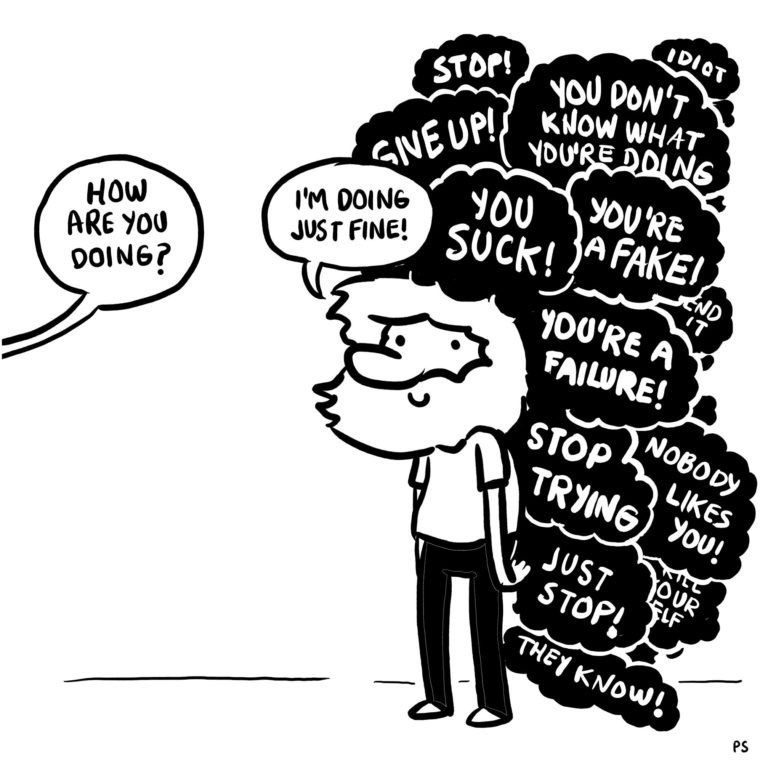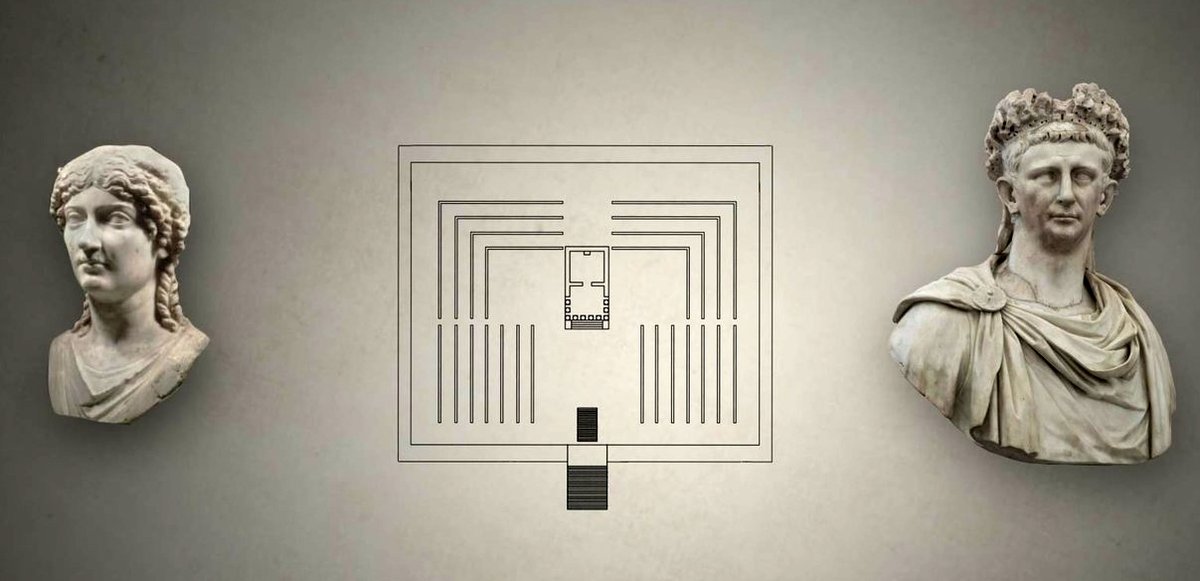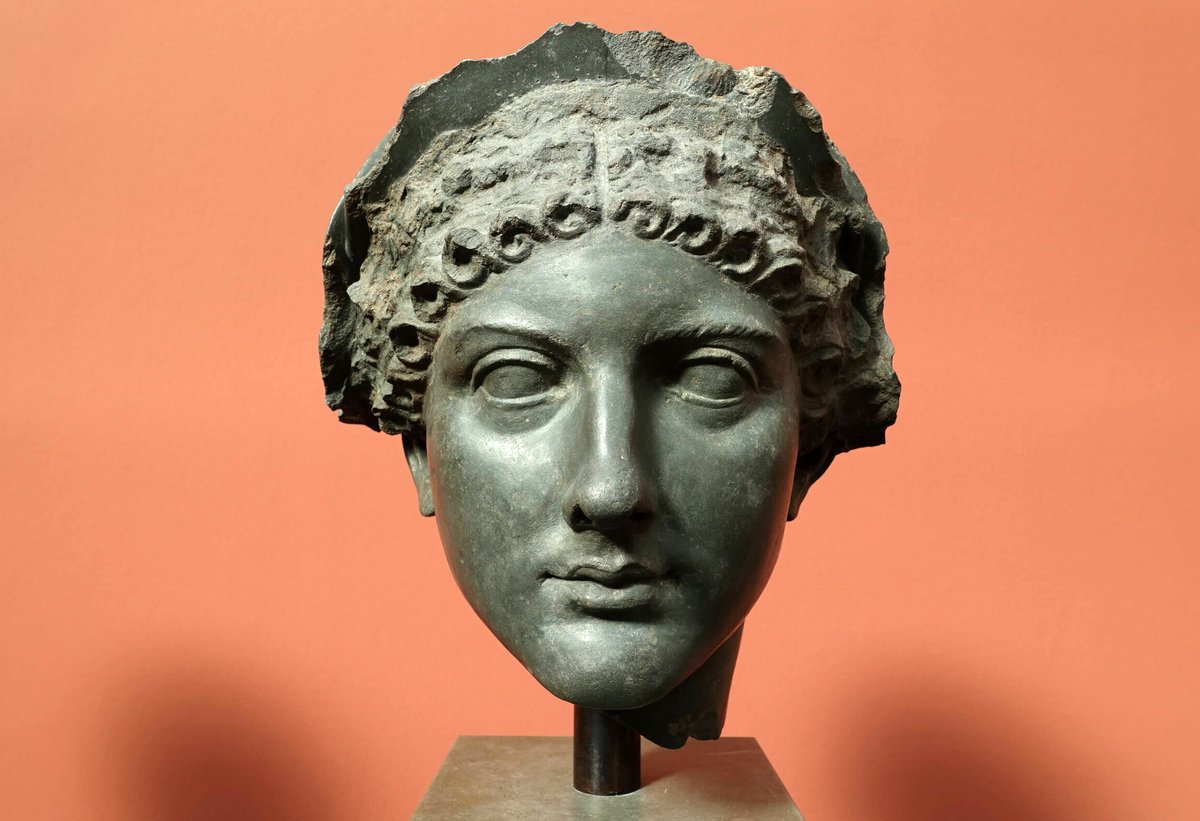1/ First, what is it?
Imposter syndrome is a psychological phenomenon in which a person doubts their skills, talents, or accomplishments and has a persistent fear of being exposed as a fraud.
Essentially, you attribute your success to dumb luck and/or believe it is undeserved.
2/ A pair of psychologists, Suzanna Imes & Pauline Clance, first noted this phenomenon in the 1970’s while observing 178 high-achieving women.
Inexplicably, the women had convinced themselves they were not that smart, instead they had simply fooled anyone who thought otherwise.
3/ Initially, Imes & Clance believed this ‘imposter’ feeling was exclusive to women.
They theorized that since women were (wrongly) stereotyped as less capable at the time, these high-achievers rationalized their accolades by concluding it was all fake or perceived.
4/ In the time since researchers have established imposter syndrome can affect us all.
And, as many as 7 out of 10 of us have our own internal struggles with this self-defeating belief system.
As it turns out, high performers by their very nature are prone to imposter feelings.
5/ Even the guy who gave us e=mc^2, it seems, was at odds with this conflict of reality.
As Einstein confided to Queen Elisabeth, “the exaggerated esteem in which my life work is held makes me very ill at ease. I feel compelled to think of myself as an involuntary swindler.”
6/ But that’s just Einstein being, well, Einstein - right?!
Perhaps, but as
@tomhanks put it, “no matter what we’ve done, there comes a point where you think, ‘How did I get here? When are they going to discover that I am, in fact, a fraud and take everything away from me?”
7/ As you might imagine, many who experience impostorism keep it to themselves—falsely believing they are alone in these feelings.
The result; anxiety, depression, low self-confidence, and rumination with the inability to meet ever-increasing standards of achievement.
8/ While a little self-doubt, humility, and a pesky internal voice that is never satisfied is likely necessary for high performers; too much can be debilitating.
Let’s look at some examples of how to spot impostorism in ourselves (and others), & what we can do to overcome it...
9/ The Perfectionist.
This person tends to micromanage and fails to delegate effectively due to the impossibly high standard of achieving perfection. As a result, less gets done.
🗝 Remember, “done is better than perfect.” Whatever it is you want to accomplish, just start!
10/ The Superhero.
This person tends to be a workaholic, largely as a cover for their insecurities. Craving external validation, they also take constructive criticism personal.
🗝 Practice breath as an anchor to the present. Power poses & positive self-talk to build confidence.
11/ The Natural Genius.
This person tends to be fixed-minded, judging their competence (and thus worth) by the speed & ease of their work.
🗝 Language —> “yet” can give a powerful framework to embrace the process of adding a new skill.
e.g. “I’m not good at that, ‘yet’.”
12/ The Soloist.
This person tends to take on everything by themselves. Asking for help, in their mind, would reveal them as a fraud.
🗝 Get comfortable with not knowing. Refrain from apologizing for simply asking a question. And, take solace knowing even Einstein needed help.
https://t.co/J6R4dhBwM1
13/ The Expert.
This person tends to measure their competence based on what—and how much—they know or can do. They fear being exposed for not knowing enough.
🗝 Form a tribe of “experts” in related specialties to complement your skill set. Pay it forward by mentoring others.
14/ Sharing from my own personal tug-of-war with impostorism (The Perfectionist) - the power to overcome these self-limiting beliefs begins in 3 steps:
1. Awareness
2. Belonging - I’m not alone
3. Validation - Others I admire have, themselves, felt like a fraud
15/ I hope this helps inspire confidence to believe in—and bet on—yourself, even as it can feel lonely at times.
Take that risk.
And, as Marcus Aurelius reminds us, embrace “the tranquility that comes when you stop caring what *they* say. Or think, or do. Only what you do.”
16/ If you’re interested to dive deeper on the topic, ‘Presence’ by
@amyjccuddy is an incredible resource!
https://t.co/TbU982nLOb And here are a few quicker reads:
https://t.co/MBtJWvrzcL https://t.co/qC5xdFg4l4 https://t.co/Zl0my08hOo
17/ With a thread on imposter syndrome, I would be remiss not to give a huge thank you to
@SahilBloom for the push, and helping me build the confidence to ‘just start’ sharing 🙏🏽
And, for more inspiration check out the rest of my threads here 👇🏽
https://t.co/TcQ05vQ3rc




































